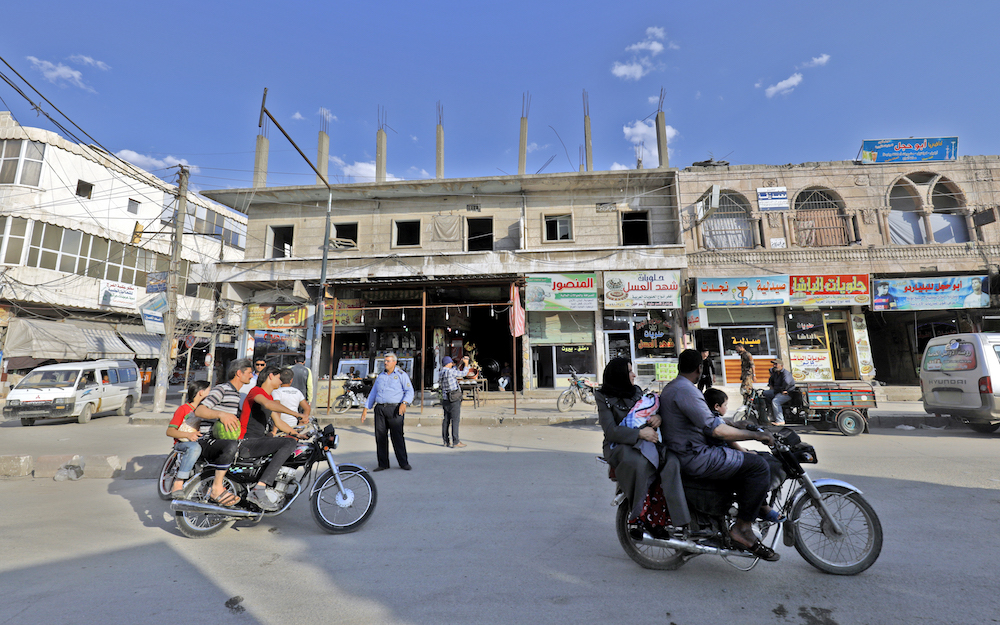JEDDAH, ANKARA: The UN Special Envoy for Syria signed off from his posting on Thursday ruing “a missed opportunity” to help end the country’s conflict at talks in Kazakhstan’s capital Astana.
Staffan de Mistura, who announced his resignation last month, capped his term as peace envoy with two days of talks in the Kazakh capital sponsored by power-brokers Russia and Iran — allies of the Syrian regime of Bashar Assad — and opposition-backer Turkey.
A statement from his office noted that he regretted “no tangible progress in overcoming the 10-month stalemate on the composition of the constitutional committee” was made at the talks.
Yahya Al-Aridi, spokesman for the Syrian opposition, blamed Russia and Iran for the talks’ failure. Russia had an upper hand and it could drag the regime in any direction, he told Arab News.
He said that Tehran did not want the Assad regime to get into any political process “because it lives off tension.”
He added: “The UN agreed in Sochi to have a supervisory role in the committee, but Russia and its allies are withdrawing from that commitment now. The UN said that if the committee goes the Russian way, it wouldn’t have the UN blessings. We believe the UN would stick to that stand.”
Al-Aridi said De Mistura was too lenient with the Syrian regime, Russia and Iran. “De Mistura should’ve called a spade a spade from the very beginning as his predecessors did. He thought that with certain compromises and nice talk, he could get the brutal regime to agree to his proposals. I hope, in his briefings next month, De Mistura would dot the i’s and cross the t’s and tell the world who is blocking international efforts for peace.”
He said: “If the world continues tolerating tyrants like Assad, the world is going to have more of his kind.”
The leaders of Turkey, Russia, France and Germany held talks on Syria on Nov. 27 in Istanbul and agreed that the constitutional committee should be established by the end of 2018.
“So it still needs time. This summit was not expected to have the last word on the establishment of this much-waited committee,” Oytun Orhan, a Syria expert at Ankara-based think-tank ORSAM, told Arab News.
Under the UN plan, the regime would choose 50 of the committee members, while Turkey would propose 50 members from the Syrian opposition, and the UN is expected to nominate the remaining 50 members, composed of technical experts and civil society representatives.
According to Orhan, the key country to overcome the obstacles toward setting up the 150-member constitutional committee is Russia, as Moscow is still negotiating with the Syrian Assad regime, which is rejecting the UN list.
“Turkey puts its emphasis on the eradication of extremist movements in Syria. The ball is now on Russia’s side to increase its pressure on the Assad regime for convincing it on the committee’s composition,” he said.
The constitutional committee is considered a key element in reaching a political settlement in the country. But while the opposition asks for a new constitution to be drafted, the Assad regime prefers discussing amendments to the current one.
Experts, however, are optimistic about the recent steps that have been taken for building trust.
“The recent swap of prisoners between the Syrian government and rebels is an important step toward supporting the political settlement process,” Orhan said.
Ankara has re-emphasized the importance it attaches to the constitutional committee in Syria. In a meeting on Nov. 27, Turkey’s National Security Council called on parties to establish a constitutional committee under UN observation as soon as possible to reach a permanent solution.
Orhan said that Iran was putting its efforts into breaking the consensus over the Sochi deal that was reached between Russia and Turkey in September for a peaceful resolution on the issue of Syria’s Idlib province.
“But loosing Turkey as a partner in Syria would be very costly for Russia,” he said.
According to Orhan, if Russia and the Assad government ever conduct a joint operation to rebel-held Idlib based on the alleged chemical attack by Idlib-based insurgents to attack the government-held city of Aleppo last Saturday, Ankara would react strongly and consider it as a declaration of war.
“So far, Ankara has opted for a policy of appeasing the opposition forces that it supports in Syria. But, in such a case, it would support them for resisting against such an offensive,” he said.
Fabrice Balanche, an associate professor and research director at the University of Lyon 2, thinks that sooner or later the constitutional committee will be formed.
“Damascus shows resistance, but finally it will acquiesce to the decision of Moscow. In fact, the majority of the members in the committee will be of a pro-regime tendency,” he told Arab News.
However, although the slow progress in finalizing the constitutional committee left a mark over the success of the Astana summit, Balanche thinks that nothing concrete will come out of this committee apart from a law on local decentralization, which was planned a long time ago to give more power to the municipalities.
“In any case, there will be no new constitution for Syria until 2021, which is the date of the re-election of Bashar Assad,” he said.
The next phase of Syria negotiations in Astana are scheduled for early February, according to the joint communiqué.
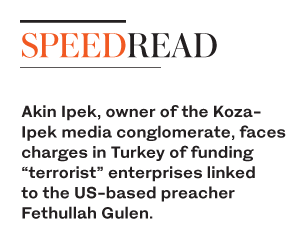 Turkish Foreign Ministry spokesman Hami Aksoy said Turkey had “strongly emphasized to the British authorities” that the ruling was “unacceptable and deeply disappointing.”
Turkish Foreign Ministry spokesman Hami Aksoy said Turkey had “strongly emphasized to the British authorities” that the ruling was “unacceptable and deeply disappointing.”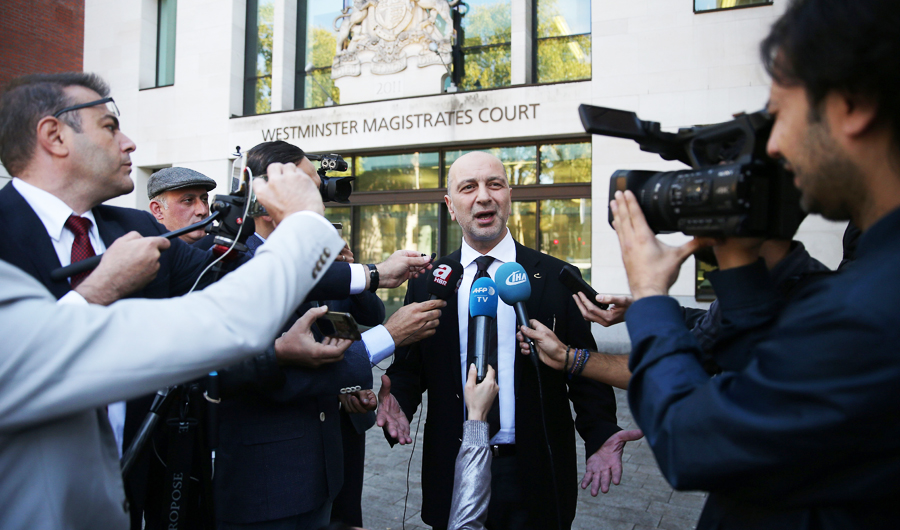



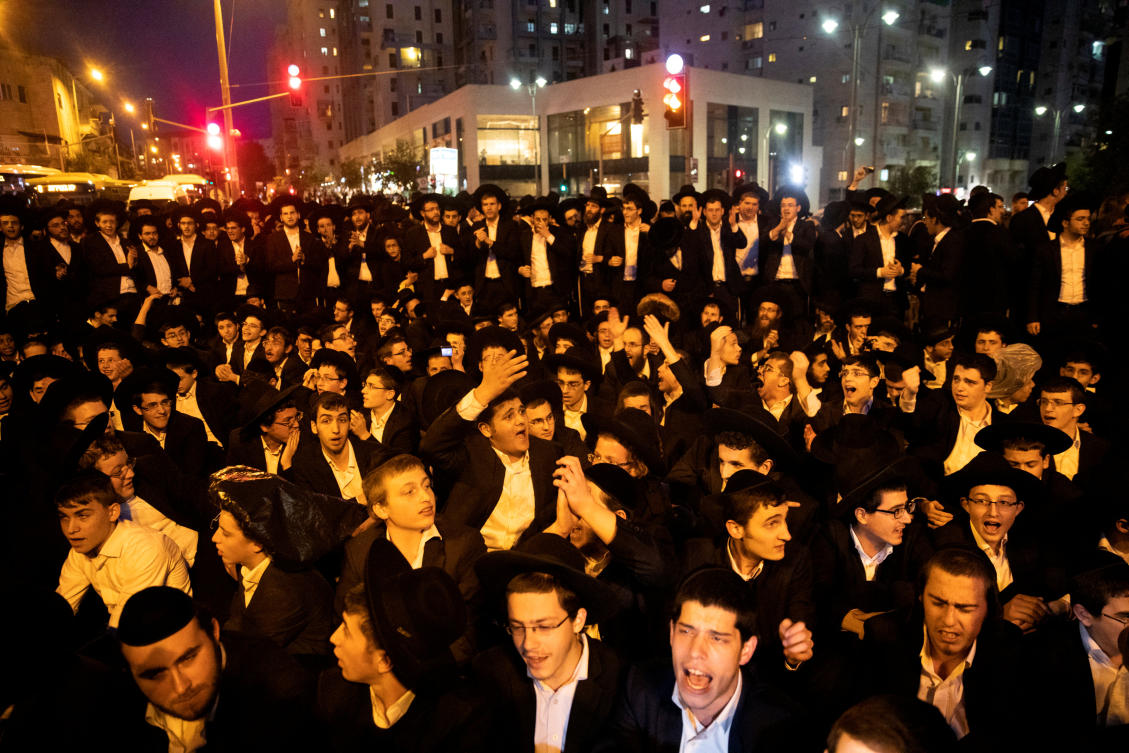
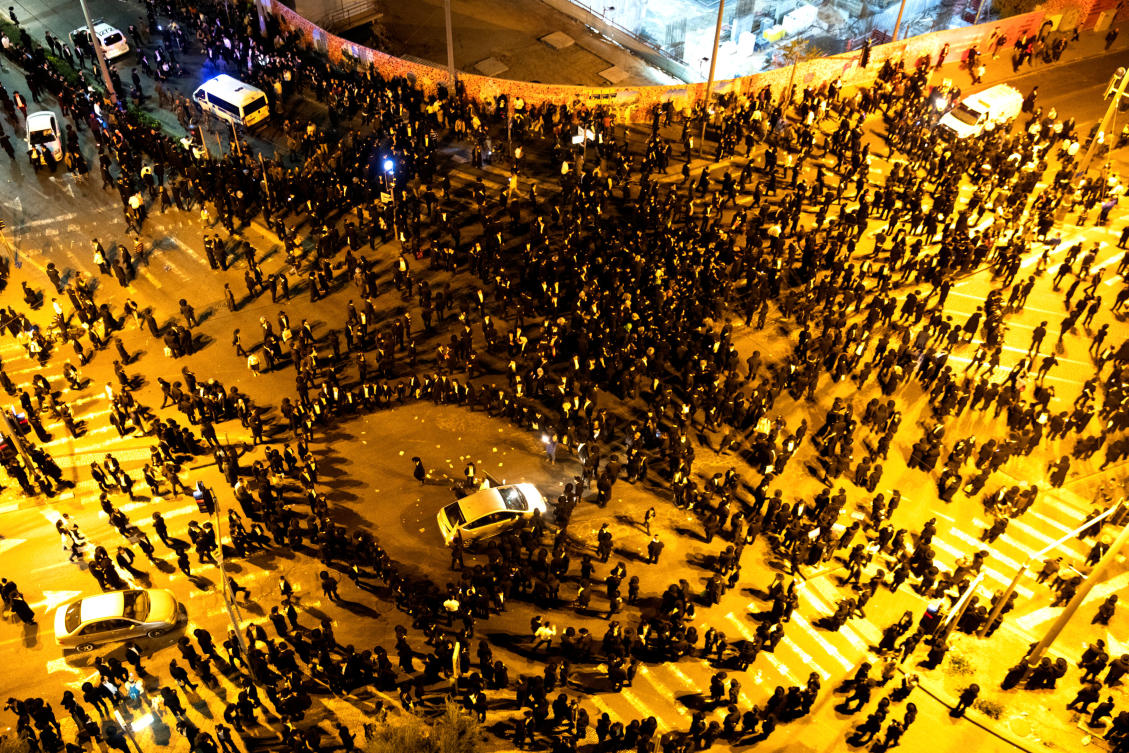

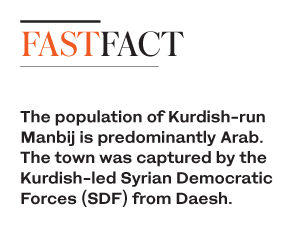 The Bushban tribe expressed in a statement its determination to liberate Manbij from Kurdish rule.
The Bushban tribe expressed in a statement its determination to liberate Manbij from Kurdish rule.